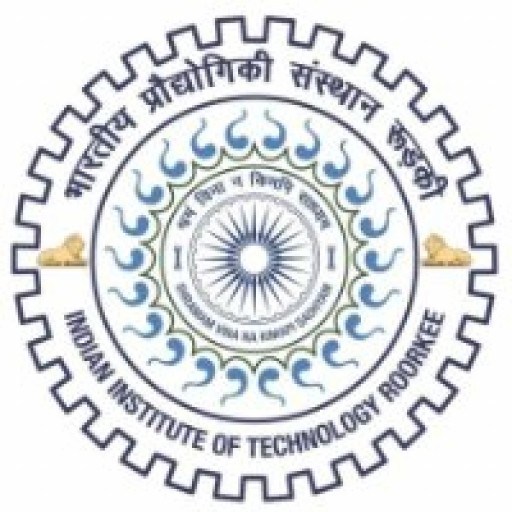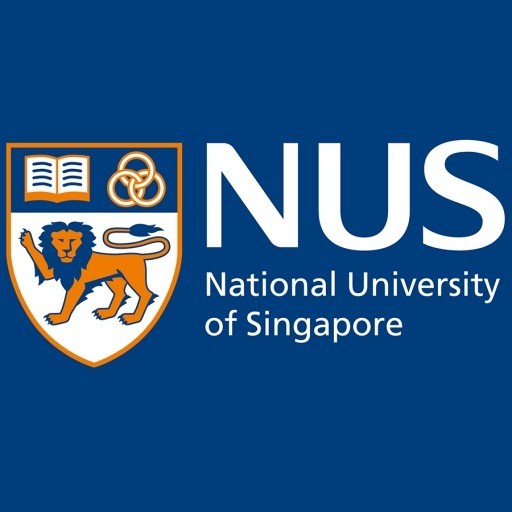Water Resources Engineering is a vital branch of civil engineering focused on the sustainable management, development, and protection of water resources. At the Slovak University of Technology in Bratislava, the program aims to prepare highly skilled engineers capable of addressing complex challenges related to water quantity and quality, including flood risk management, water supply, wastewater treatment, and the preservation of aquatic ecosystems. The curriculum combines theoretical knowledge with practical skills, emphasizing modern techniques in hydrological modeling, hydraulic design, environmental assessment, and GIS applications. Students will learn to design, analyze, and operate water infrastructure systems while considering environmental, economic, and social impacts. The program also covers legal and regulatory frameworks governing water management, fostering a comprehensive understanding necessary for responsible practice. Graduates will be equipped to work in a variety of sectors, including government agencies, consulting firms, water utilities, and environmental organizations, contributing to sustainable development and climate resilience. The program encourages interdisciplinary collaboration, innovative thinking, and research activities, preparing students for leadership roles in addressing global water challenges. With state-of-the-art laboratories, experienced faculty, and strong links to industry, the Water Resources Engineering program offers an excellent foundation for a dynamic career dedicated to ensuring the availability and quality of water resources for future generations.
Water Resources Engineering is a comprehensive undergraduate program offered by the Slovak University of Technology in Bratislava, designed to prepare students for solving complex challenges related to water management, water supply, and environmental protection. The curriculum combines theoretical knowledge with practical skills, enabling graduates to contribute effectively to sustainable water resource utilization and management in various sectors, including urban planning, environmental engineering, and water infrastructure development.
Throughout the program, students explore fundamental disciplines such as hydrology, hydraulics, water treatment, and water distribution systems. They learn about water flow modeling, water quality assessment, and the design of hydraulic structures, including dams, reservoirs, and pumping stations. The program emphasizes the importance of environmental protection and sustainable development, integrating modules on water pollution prevention, environmental impact assessment, and water resource policy and legislation.
In addition to core courses, students gain practical experience through laboratory work, field trips, and internships with industry partners and governmental agencies. The program also offers opportunities for students to develop key competencies in project management, GIS applications, and computer-aided design (CAD) tools specific to water engineering projects. Collaboration with international institutions and participation in research projects are encouraged to broaden students' perspectives and stay abreast of innovative solutions and technologies in water resources engineering.
Graduates of this program are equipped to work in diverse roles such as design engineers, project managers, environmental consultants, and research specialists. They can contribute to national and international projects focused on flood protection, water supply systems, aquatic ecosystem preservation, and climate change adaptation. The program aims to produce skilled engineers capable of addressing current and future water-related challenges through innovative, sustainable, and integrated approaches.
Our students are supported by experienced academic staff, modern laboratories, and access to cutting-edge software tools. The Water Resources Engineering program at the Slovak University of Technology in Bratislava is committed to educating professionals who will shape a sustainable future by ensuring the safe and efficient management of water resources.
Programme requirements for Water Resources Engineering at the Slovak University of Technology in Bratislava generally include a combination of academic qualifications, language proficiency, and specific prerequisite knowledge. Applicants are typically required to have completed secondary education with a strong focus on mathematics, physics, and chemistry, demonstrating their preparedness for engineering studies. For international students, proof of proficiency in English, such as a TOEFL or IELTS certificate, is usually necessary unless they have completed previous education in English medium. The programme often looks for candidates with a solid foundation in analytical skills, problem-solving abilities, and an interest in sustainable development, water management, and environmental protection.
Additionally, the admission process may consider results from national entrance exams or equivalent assessments, with a preference for applicants who have excelled in relevant subjects. Consideration may also be given to previous university-level coursework or internships related to civil engineering, environmental engineering, or water resource management.
Applicants are sometimes required to submit motivation letters, letters of recommendation, and a CV outlining their educational background and relevant experiences. The university may also conduct interviews or examinations to assess the applicant's motivation and suitability for the programme. Once admitted, students must meet the university's academic regulations, including mandatory coursework, laboratory work, project work, and examinations, to complete the degree.
In summary, the typical programme requirements for Water Resources Engineering at the Slovak University of Technology include strong academic records in mathematics and sciences, language proficiency, relevant prior knowledge or experience, and a demonstrated interest in water and environmental issues. These prerequisites ensure students are well-prepared to succeed in a rigorous engineering curriculum and contribute to sustainable water management solutions.
The financing of Water Resources Engineering studies at the Slovak University of Technology in Bratislava is primarily structured through a combination of public funding, tuition fees, and supplementary financial support mechanisms. As a standard practice within Slovak higher education institutions, students can access funding options such as state scholarships, which are awarded based on academic performance and financial need. Tuition fees are applicable for international students or for certain study programs, but for Slovak citizens, the studies are often financed through public resources allocated within the national education budget.
Students may also benefit from various forms of financial aid, including scholarships provided by the university or external organizations, aimed at supporting talented students or those with special needs. The Slovak University of Technology actively participates in EU-funded projects and programs which may include grants or financial incentives for students engaged in research or practical training related to water resources and environmental engineering. Additionally, students may seek student loans from national banks or financial institutions that offer favorable loan terms for university studies, further assisting in covering living expenses and study-related costs.
Internships, practical training components, or collaborative projects with industry partners sometimes offer stipends or financial remuneration to students, providing additional income sources during their studies. For international students enrolled in the Water Resources Engineering program, tuition fee rates are set according to the university’s fee schedule and can vary depending on the student's country of origin, with potential scholarships available to offset costs. Overall, the financing structure of the program aims to make higher education accessible while encouraging academic excellence and supporting research initiatives, ensuring students can focus on acquiring the necessary knowledge and skills in water resources engineering without undue financial burden.
Water Resources Engineering at the Slovak University of Technology in Bratislava is a specialized engineering programme that focuses on the sustainable management and development of water resources. This programme is designed to equip students with comprehensive knowledge and practical skills necessary for addressing complex challenges related to water supply, sanitation, flood control, hydrological modelling, and environmental protection. The curriculum covers fundamental disciplines such as hydraulics, hydrology, water treatment technologies, and environmental engineering, alongside advanced topics like water resources planning, management strategies, and innovative solutions for water conservation.
Students are engaged in both theoretical coursework and practical training, including laboratory experiments, field surveys, and project work, to ensure they gain hands-on experience. The programme also emphasizes multidisciplinary approaches and the integration of modern technology, such as Geographic Information Systems (GIS), remote sensing, and computer modelling, which are essential tools in contemporary water resource management. Collaboration with industry partners and participation in national and international projects prepare students for real-world challenges and enhance their employment prospects in public administration, consulting firms, environmental agencies, and research institutions.
The academic staff comprises experienced professors and researchers specializing in water engineering, hydrology, environmental sciences, and related fields. The programme is aligned with current European directives and international standards, aimed at developing environmentally responsible engineers who can contribute to sustainable development initiatives. Typically, students can expect instruction in Slovak and English, accommodating international students and promoting intercultural exchange. Graduates of this programme are equipped to undertake roles in planning, designing, and managing water infrastructure projects, conducting impactful research, and contributing to policy development related to water issues.
The duration of the programme usually spans three to four academic years, resulting in a Bachelor's or Master's degree, depending on the specific course structure. Admission to the programme generally requires a background in technical or natural sciences, with proficiency in English or Slovak, based on the level of the programme. Water Resources Engineering at the Slovak University of Technology in Bratislava aims to produce highly skilled professionals capable of tackling critical water-related challenges and supporting sustainable societal development.









